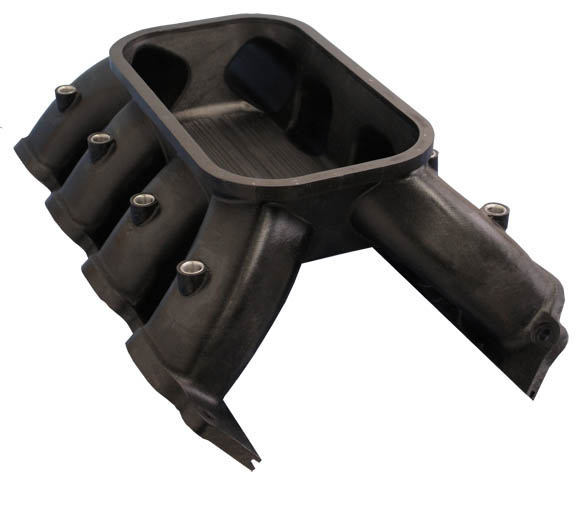How Quality Control Plays a Major Role in Manufacturing
The best way to describe quality control (QC) in a manufacturing environment is to say that it involves oversight of various aspects of the manufacturing process. The most important aspect of a good QC program is that it ensures the items being manufactured meet the standards set by the industry, our company, and of course the customer. By putting a QC program in place both the parts being manufactured and the master engineers creating them are being monitored. This system not only ensures our customers receive parts of the highest quality, QC also helps us to save money by increasing efficiency and reducing costs.
How Quality Control Should Work
Before implementing a quality control program, you should approach the program with a certain amount of caution. If the method of implementation doesn't work as planned, it could cost the company a lot of money. To get things started you need to know what the quality standards for each product are. Establish how many of the items being manufactured will be tested during a production run. The company will also need to establish a system of communication between the shop floor and management when flawed parts are found.
Standard QC Roles in US Manufacturing
Reduced Risks
There are many ways to reduce the risks involved in the manufacture of parts. While risk reduction is often associated with having the right safety training and equipment, there is more to it than this. When a series of parts fail or simply don't meet the required standards set by the client, a recall or a run of replacement parts can be very costly, not only in dollars and cents but also in reputation. Having a quality control system in place helps ensure the client always receives parts that meet their standards.
Reduced Consumption of Resources
By ensuring that each part coming from the production line meets the necessary quality standards, fewer raw materials are used. Not only will this help reduce overhead costs, but it will also improve your reputation with your clients as a company focused on protecting the environment.
Effective and Efficient Compliance
Each industry such as CNC machining has its own standards with regard to the quality standards in place. If the company fails to follow the compliance standards and methods for the industry, it could end up with a production bottleneck. Having numerous QC checkpoints not only reduces the risk of bottlenecks but also helps reduce overall costs by stopping the process at the earliest point along the production line.
Consistency Is Crucial
The quality of parts turned out play a large role in the reputation of the company. Along with affecting the company's reputation, lack of consistency leads to higher overhead costs as the failed parts must be remanufactured. QC plays a major role in ensuring the consistency of the parts being made.
Better Final Quality Products
Of course, when a strict quality control program is in place, the end result is consistent quality parts coming from the production line. QC is designed to ensure that each item made meets the appropriate standards. The final result is parts of the highest quality, happy customers, and increased profits without increased costs.
